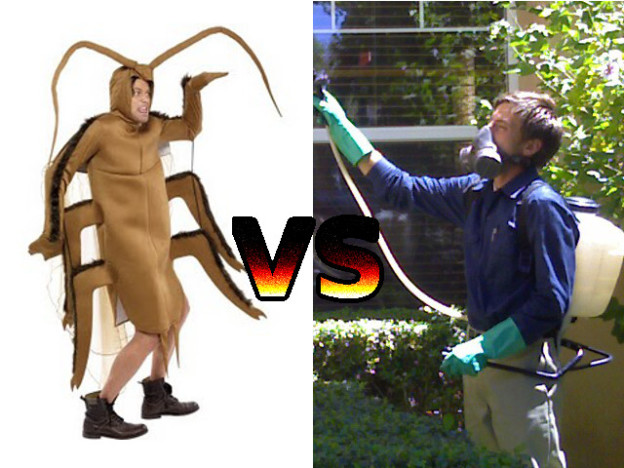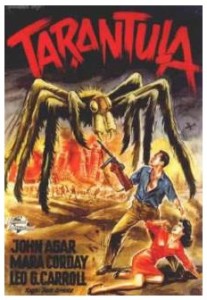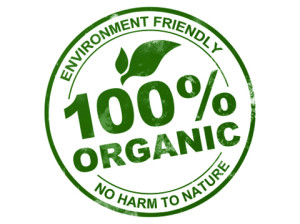I don’t know if you know this but most every restaurant, supermarket, or commercial facility has pest control service to protect themselves from pest infestations and the Health Department. And If they don’t have pest control they should get it. This whole last week I was dealing with a new restaurant that I took over from Orkin pest control. Orkin was going there twice a month, which is pretty much the maximum you can do for a commercial location and there was way more roaches then there should of been. I just couldn’t understand it. I told the client there was a lot of roaches and I asked when the next health inspection was due. Unfortunately, The inspection happened to be the very next day and the restaurant had to close its doors until the problem was resolved. Talk about bad luck, if it had been a week later they probably would of passed. But, whats done is done.
I spent my next few nights returning to the restaurant making sure it was free of roaches while the clients addressed sanitation issues during the day. I must admit working in the night gave me quite a bit of nostalgia for the days I was a graveyard commercial tech. Even funnier, the thing I think I missed most had to be the German Cockroaches. Why? Because these things are mean. They put up a fight and they don’t go down easy. I still find myself looking for new “magic” pesticides or reading research papers to see if there is some new easy way to remove these things that I’m missing. Nope, there is a reason we have the saying “roach work” in the industry and that’s because they’ll make you “work” for them. In a way its nice. It makes me feel useful, ensures me job security, and there no better setting for me to battle my one vs thousands battle than alone in a cold, metal, industrial kitchen.
Bed Bugs you may be tough but German Roaches in a commercial setting will always be my favorite!



 Up until now that has been fine. They have always made it up to us with scary albeit sometimes bad, horror movies involving bugs or insect type aliens that hopefully give people brand new fears to pests, which makes more pest control customers.
Up until now that has been fine. They have always made it up to us with scary albeit sometimes bad, horror movies involving bugs or insect type aliens that hopefully give people brand new fears to pests, which makes more pest control customers.